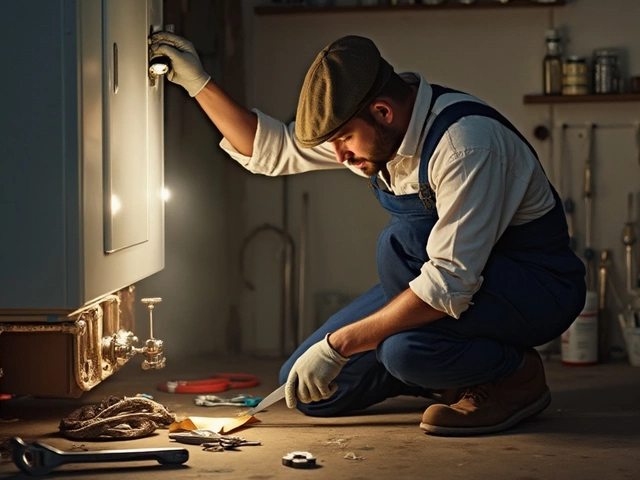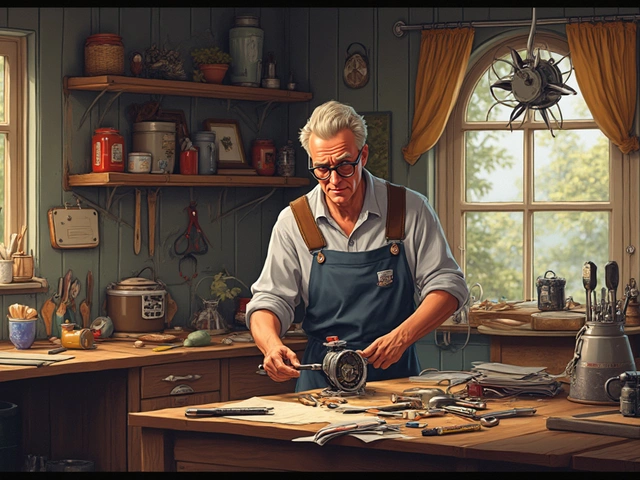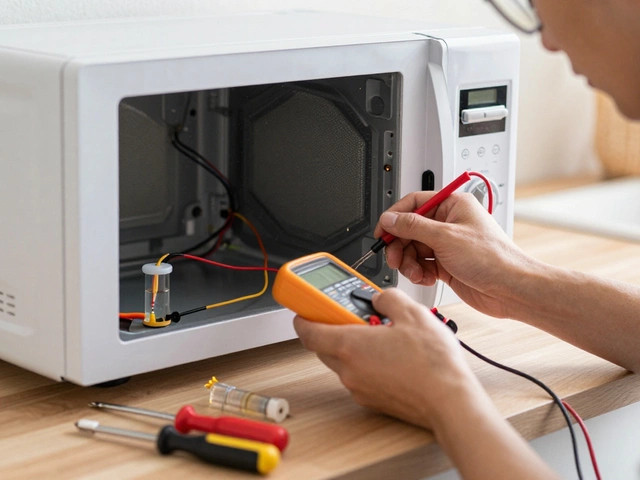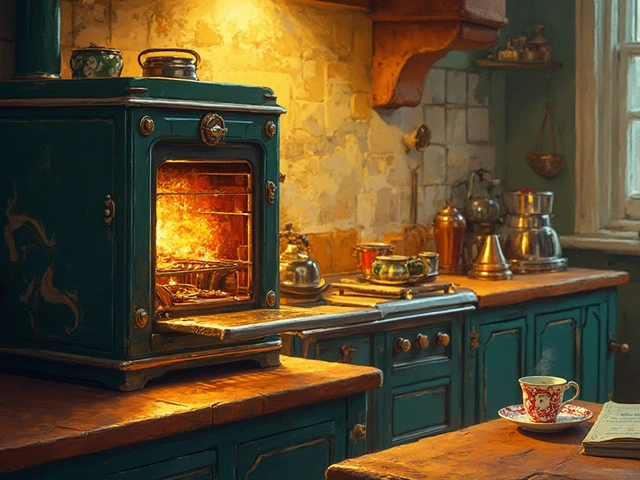Work Tools for Appliance Repairs – Quick Guide
If you’ve ever stared at a broken dishwasher or a noisy boiler, you know the right tool can save you time and money. This guide shows the basic gear you need, why each tool matters, and how to keep it in good shape. No jargon, just straight‑forward advice you can use right now.
Must‑Have Tools for Common Repairs
Every homeowner or small‑business tech should have a few core items. A sturdy screwdriver set (flat‑head and Phillips) lets you open most panels without stripping screws. A multimeter checks voltage and continuity, which is essential for ovens, extractors and water heaters.
Adjustable wrenches and a set of socket bits cover nuts on boilers, pump fittings and fridge compressors. A good quality pliers set, especially needle‑nose, helps you grip tiny hose clamps or bent pins. Finally, a flexible inspection mirror and a flashlight let you see tight spots without crawling inside the appliance.
For specific jobs, add a thermostat probe for ovens, a refrigerant leak detector for fridges, and a pipe‑threading die set for water‑heater pipe repairs. You don’t need every specialty tool at once – start with the basics and add as you encounter new issues.
Keeping Your Tools in Top Shape
Tools only work well if you look after them. After each use, wipe away oil and grime so rust doesn’t set in. Store screwdrivers and wrenches in a dry toolbox with separate slots – this prevents damage and makes finding the right size fast.
Check the battery on your multimeter every few months; a dead battery can give false readings and waste time. Calibrate your torque wrench annually if you use one for boiler fittings – an inaccurate setting can overtighten and cause leaks.
When you’re done for the day, give your tools a quick inspection. Replace any worn‑out bits, sharpen screwdriver tips and tighten loose handles. A well‑maintained set lasts years and saves you from buying replacements.
Finally, don’t forget safety. Wear gloves when handling sharp edges, keep a fire‑extinguisher nearby when working on gas appliances, and always unplug the device before you start. These habits protect you and keep the job smooth.
With the right tools and a bit of care, most routine appliance repairs become manageable tasks. Whether you’re fixing a glass hob, unblocking a dishwasher drain, or checking a boiler thermostat, the gear listed above will have you covered. Grab your toolbox, follow these tips, and you’ll be back to cooking, washing and heating in no time.






